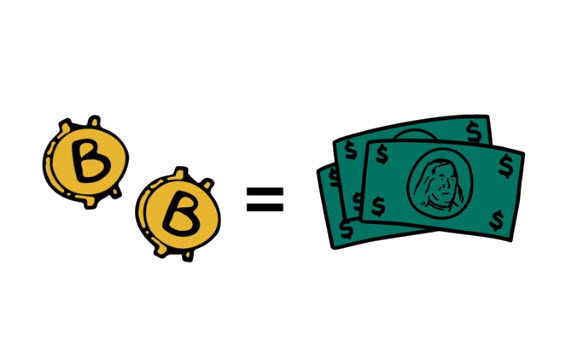
According to statistics, India currently has the biggest number of cryptocurrency owners in the world, with over 10 crore people holding the digital money. However, before you go on the crypto bandwagon, you should be aware that, like many other investing opportunities, crypto is not without danger.
Crypto scams are also on the rise, with reports estimating losses by Indian investors in the millions of dollars due to crypto scams and frauds.
So, how do crypto scams operate, is there a way to recognise them, and how can you protect yourself from them? Continue reading to learn the answers to some of these questions so you can stay safe while exploring the cryptosphere.
Here are some of the most common cryptocurrency scams in the United States:
Scams with freebies
The utilisation of giveaways or free prizes is one of the most popular crypto frauds in the country. Scammers take advantage of the fact that everyone enjoys getting a prize. Typically, these types of programmes will offer a reward or a prize in exchange for your authentication information. Many of these con artists will track you down on social media.
Scammers posing as ZebPay, one of India’s top crypto trading platforms, recently offered free bitcoins to anyone willing to give one bitcoin to begin the transaction on social media.
Safety tip: The greatest method to prevent being conned is to ask yourself, “Is it too good to be true?” If the answer is yes, it’s probably a con.
False Technical Support
Scams posing as technical support are easy to fall for. Scammers imitate a company’s customer service phone lines and social media accounts. This lends them credibility in the eyes of the public. They’ll frequently ask for your security codes and passwords after that.
To avoid being a victim of this scam, you should be aware of the platform’s or company’s correct social media accounts and support numbers. Remember, even with the necessary authority, you should never divulge your passwords or security details. Exchanges, like banks, will never ask for personal information.
Scams in the fishing industry
A bogus website set up by the scammers will try to fool you into providing vital information in this scam. These sites frequently appear to be real. Scammers will also send emails that appear to be from government agencies.
To avoid these scams, do not open emails from unknown sources and bookmark the sites you use to trade cryptocurrency.
What to Do If You’ve Been Scammed
While the legal status of cryptocurrencies is unknown, the Indian Penal Code and other legislation are well prepared to deal with bitcoin fraud and scams. If you’ve been defrauded, all you have to do now is report it like any other fraud, and the appropriate authorities will take care of it.